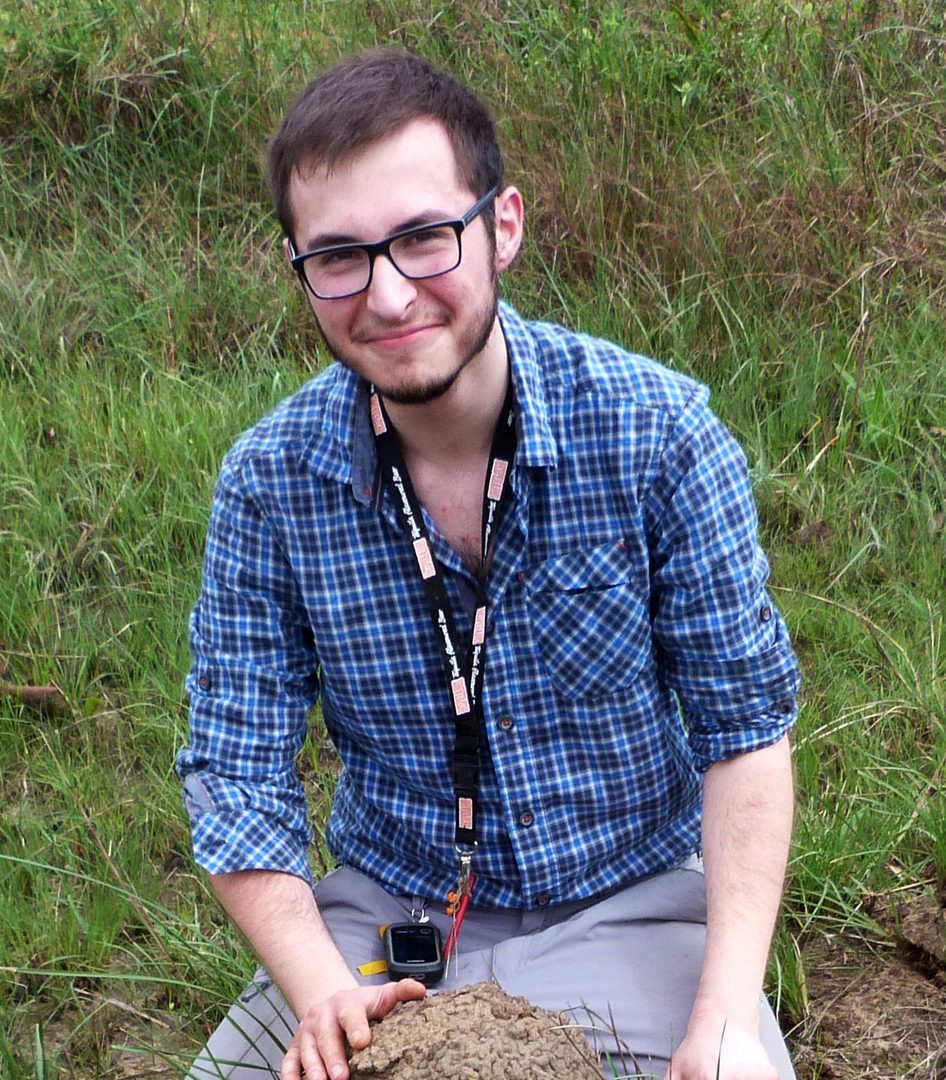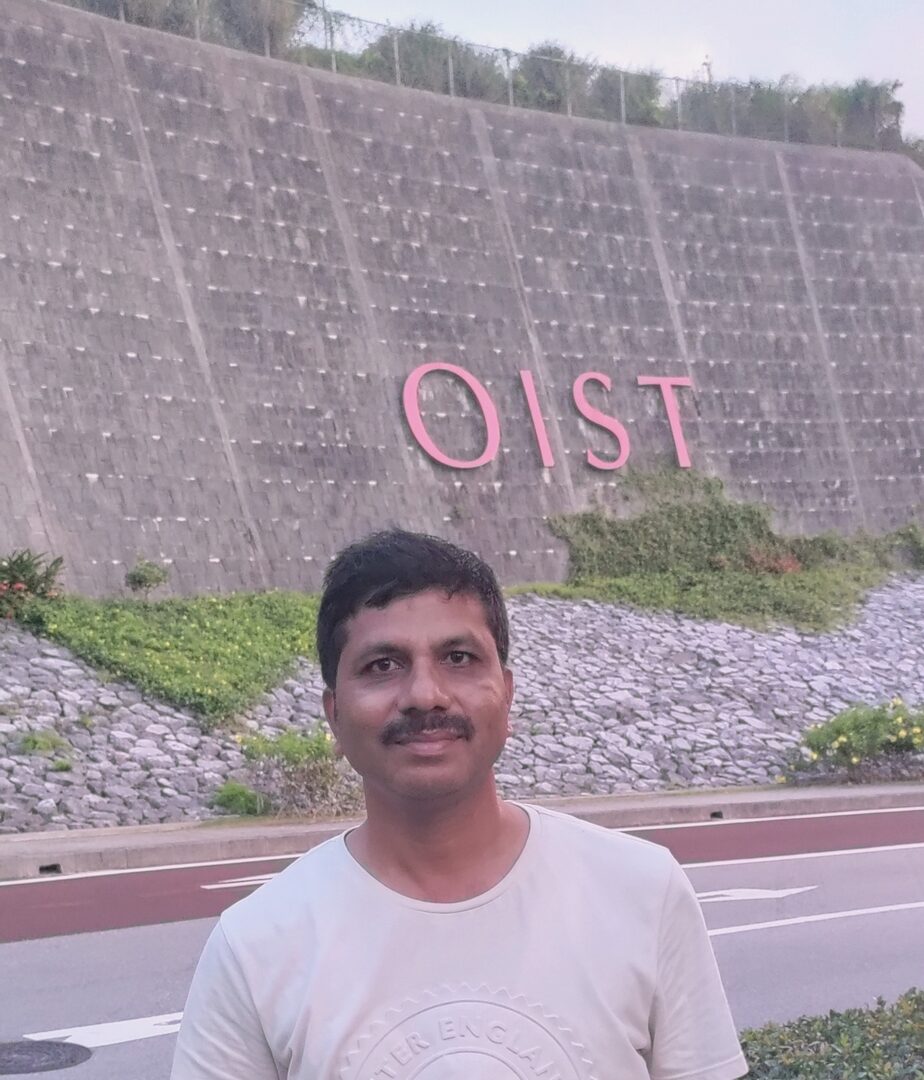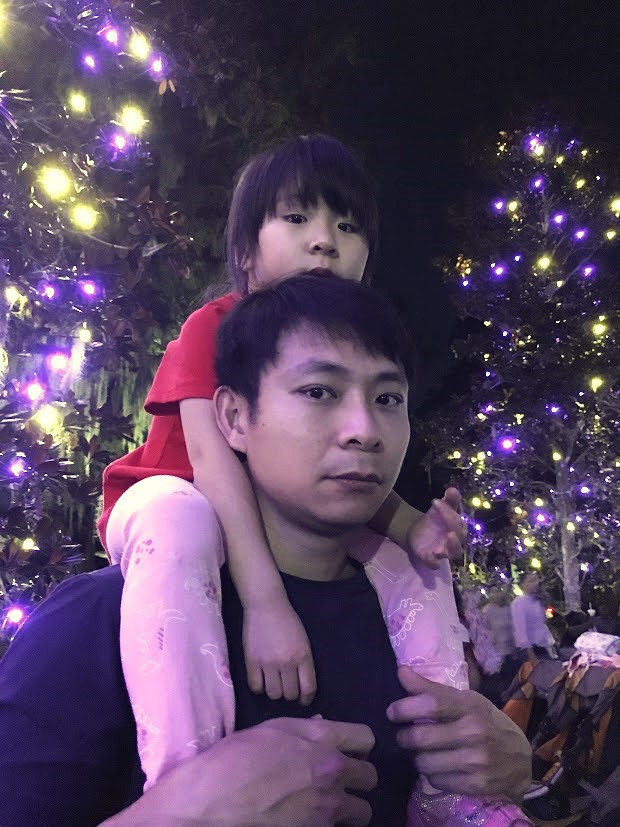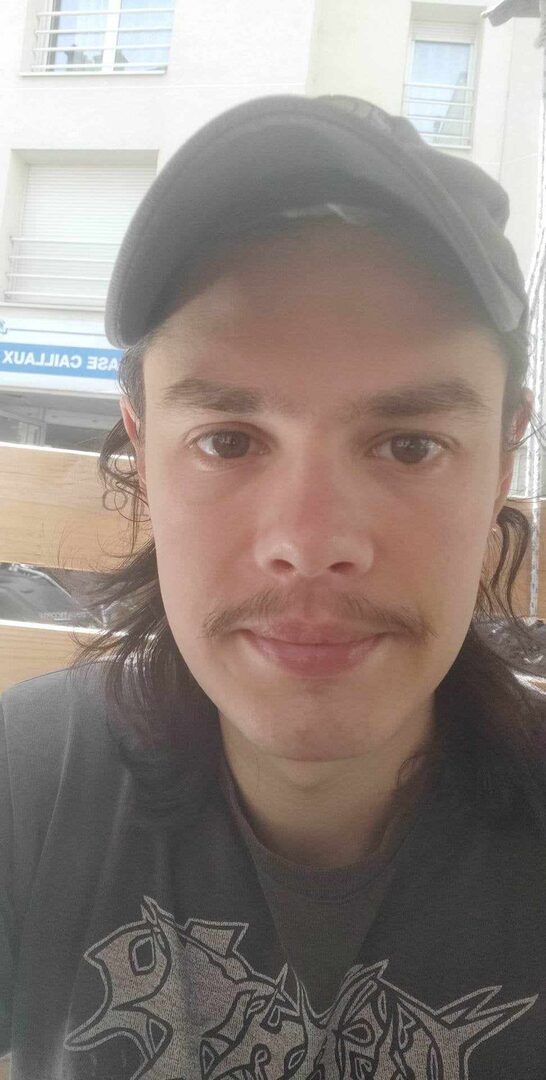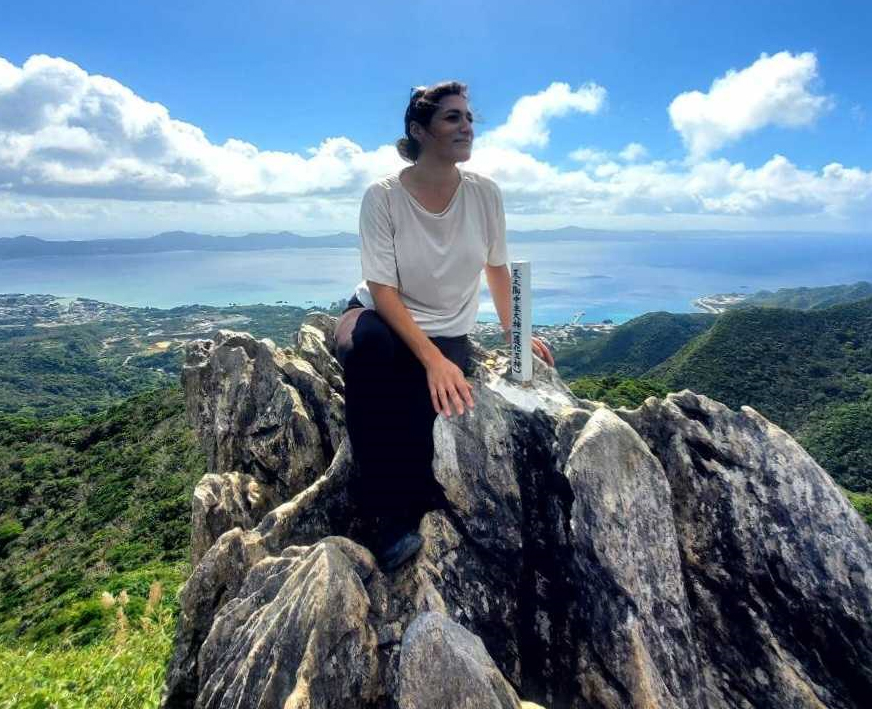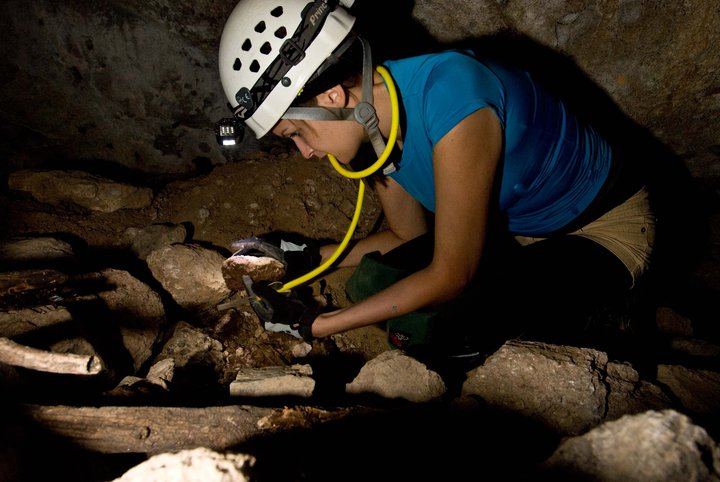Members
Simon Hellemans, Postdoctoral Researcher
I obtained my Ph.D. in 2019 from the Evolutionary Biology & Ecology lab at the Free University of Brussels (ULB; Brussels, Belgium). I investigated the ecology and the evolution of the conditional use of sex in a group of phylogenetically related neotropical termites. Notably, we described the first nutritional symbiosis between termites and the endosymbiotic bacterium Wolbachia —notorious for being a master manipulator of arthropod reproductive biology.
I joined the Evolutionary Genomics Unit in November 2019 with a JSPS Postdoctoral Fellowship for Foreign Researchers. I investigate the epidemiology of endosymbiotic bacteria using a near-complete time-calibrated phylogenetic tree of South American termites. I intend to reconstruct the evolutionary history of these bacterial lineages along the termite phylogeny to determine their rates of infection/extinction and influence on termite speciation and mitochondrial diversity. Lastly, I perform comparative genomics analyses to underpin the true nature of these symbioses, either mutualistic (e.g., nutritional mutualism) or parasitic, and identify their underlying molecular mechanisms.
Kalleshwara Swamy, Postdoctoral Researcher
I am an Associate Professor at the University of Agricultural and Horticultural Sciences, Shivamogga, India, and my experience with the termite taxonomy of South India brought me to OIST to join the Evolutionary Genomics Unit. My past research experience in India focused on the taxonomy and diversity of termites. I am dedicating my time to learning sample preparation for DNA extraction, sequencing, and genomic analysis of termites in order to perform integrative taxonomy and establish the taxonomic position and distribution of species. As molecular data are scarce for a majority of species around the world, my work partly contributes to the taxonomic and phylogenetic revision of termites. In Okinawa, I spend time in the lab, exploring beautiful places and Japanese culture.
Yi-Ming Weng, Postdoctoral Researcher
I am an insect evolutionary biologist who graduated from the Molecular Ecology lab at the University of Wisconsin-Madison in 2022. For my Ph.D., I studied phylogeography and adaptation of alpine ground beetles in the Sierra Nevada of California. After graduation, I worked as a postdoc studying the genome evolution of moths and butterflies at the University of Florida, looking for genes associated with ancient moth evolution. My primary research fields are population genetics, molecular adaptation, and evolutionary genomics. I joined the Evolutionary Genomics Unit at OIST in January 2024 as a postdoctoral researcher, where I am involved in a project focusing on termite genome evolution. My research goal is to bridge macroevolution (e.g., phylogeny) and microevolution (e.g., population genetics) of insects by investigating their genome evolution and molecular adaptation.
Julien Malem, Postdoctoral Researcher
A born and raised Parisian, I completed my Ph.D. at the Sorbonne Université in collaboration with the Muséum National d'Histoire Naturelle in 2023 after an eclectic curriculum, including interests in evolutionary developmental biology, morpho-anatomy of marine invertebrates, and more recently insect systematics, phylogeny, and biogeography. My current research revolves around the way geological processes affect the spatial distribution of organisms in deep time and at larger scales, using cockroaches (now including termites!) as a model. My Ph.D. work focused on better grasping the complex origins of the biota of New Caledonia, a long-standing conundrum in biogeography, using information derived both from geological data and time-calibrated phylogenies for some of its so peculiar endemic groups, most notably its extremely diverse and relictual cockroach fauna. In the Evolutionary Genomics Unit, I will continue to work on the phylogenetic history of cockroaches, with a focus on their global-scale biogeography and its interplay with geological processes. By using NGS data recovered from the largest taxonomic sampling possible, including a great number of old museum specimens that were previously unamenable to molecular analyses, I intend to reconstruct large phylogenies based both on traditional markers and genomic data. I am also interested in traditional taxonomy and Natural History in general, and I am more than happy to answer old questions using the cutting-edge methods employed in the Evolutionary Genomics Unit. You can catch me reading, listening to music, or talking to the trees and animals outside.
Esra Kaymak, Technician
I worked this past decade at the Free University of Brussels (ULB), Belgium, in the team of Dr. Olivier Hardy, where research projects focus on plant biodiversity, primarily in African rainforests.
Since early 2021, I have been discovering the thrilling world of termites. No need to say it is a new challenge for me, a challenge that I am more than happy to undertake by joining the Evolutionary Genomics Unit. The exquisite research environment, combined with my love for Japanese culture, makes my stay in Okinawa perfect!
My humble hobbies are baking, visiting new places, and hanging out with friends.
Tracy Audisio, Ph.D. student (JSPS DC2)
My past research experience focused on the taxonomy, phylogenetic relationships, and biogeography of cave obligate spiders. In the Evolutionary Genomics Unit, I am working on sequencing about 50 termite genomes representative of the ecological and phylogenetic diversity of termites. Using this large dataset, I will perform comparative genomics analyses to determine how termite genomes have evolved. I am primarily interested in the evolution of structural variants.
In my spare time, I enjoy going on adventures both above and below ground.
Kensei Kikuchi, Ph.D. student (JSPS DC1)
My name is Kensei. I obtained a bachelor's degree in engineering (material science), and I joined OIST as a Ph.D. student in May 2020. I have a long-time passion for sociobiology. In particular, I am interested in studying how biological and behavioral diversity has evolved. My goal is to identify the factors at the origin of eusociality in social insects. I want to determine the meaning in behaviors and identify the patterns found among different species. In the Evolutionary Genomics Unit, I will work on behavioral experiments to study the effect of group size and caste ratio on individual termite behavior.
Zhuli Cheng, Ph.D. student
I am a 1st-year student interested in evolutionary biology, and I am most fascinated by what genomes can tell us about the billions of years that life went through. In the Bourguignon Unit, I hope to learn how genomes evolve. For that purpose, I am excited to participate in our project that looks at how strains of Blattabacterium cuenoti, an obligate intracellular symbiont living in cockroaches and termites, gradually lost many of their genes over the last 200 million years.
Cong Liu, Ph.D. student
BSc in Biotechnology, Sun Yat-sen University, China.
MRes in Computational methods in Ecology and Evolution, Imperial College, UK.
I am interested in host-microbe symbiosis and want to look into how such relationships have influenced host evolution. I studied the evolutionary genomics of mangrove trees for my bachelor thesis and did metagenomic data analysis during my master course. In the Evolutionary Genomics Unit, I am studying how termite genomes evolve in response to their gut microbiome function and composition.
Anastasiia Ishchenko, Rotation Student
I am Anastasiia. I was born and raised in a small village in the center of Ukraine. My scientific interests mostly focus on evolutionary biology, with a background in ecology and cell biology. During my Bachelor's studies, I worked on the ecology of tree species in urban environments. During my Master's studies, I decided to focus on DNA damage in mammalian spermatozoa. My Master's research became my transition point from ecological to genetic studies, and more specifically to evolution. In the Evolutionary Genomics Unit, I examine the correlation between termite gut microbiome and diet, as reflected by stable isotope data. My free time is mostly dedicated to my cat, video games, knitting, and painting.
Kazuko Toyoda, Research Unit Administrator
I am an Osakan who has been in love with Okinawan oceans for years and finally made a move to live here in April 2021. Before joining OIST, I have been involved in various business industries over the past 25 years, including airline, entertainment, telecommunication, Solar PV, and other industries. At OIST, I am helping the Evolutionary Genomics Unit to perform research smoothly. I love spending time on the beach, in the ocean, and in my kitchen. I am so excited to join and support the team!




